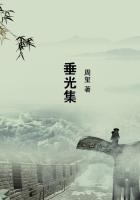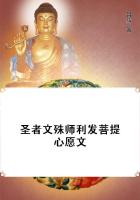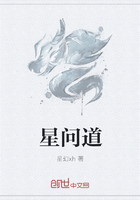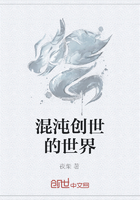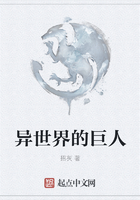Senator Hanna was accustomed to have a few of his colleagues of the Senate dine with him frequently, in order to consult on more effective action upon pending measures. President Roosevelt, who knew everything that was going on, often burst into Hanna's house after dinner and with the utmost frankness submitted the problems which had arisen at the White House, and upon which he wished advice or, if not advice, support--more frequently support.
Any one who attended the morning conferences, where he saw senators and members of the House, and the public, was quite sure to be entertained. I remember on one occasion I had been requested by several friends of his, men of influence and prominence in New York, to ask for the appointment of minister to a foreign government for a journalist of some eminence. When I entered the Cabinet room it was crowded, and the president knew that I was far from well, so he at once called my name, asked how I was and what I wanted.
I told him that I had to leave Washington that day on the advice of my doctor for a rest, and what I wanted was to present the name of a gentleman for appointment as a minister, if I could see him for five minutes.
The president exclaimed: "We have no secrets here. Tell it right out." I then stated the case. He asked who was behind the applicant. I told him. Then he said, "Yes, that's all right,"to each one until I mentioned also the staff of the gentleman's newspaper, which was one of the most prominent and powerful in the country but a merciless critic of the president. He shouted at once: "That settles it. Nothing which that paper wishes will receive any consideration from me." Singularly enough, the paper subsequently became one of his ardent advocates and supporters.
On another occasion I was entering his private office as another senator was coming out of the Cabinet room, which was filled.
He called out: "Senator Depew, do you know that man going out?"I answered: "Yes, he is a colleague of mine in the Senate.""Well," he shouted, "he is a crook." His judgment subsequently proved correct.
Mr. Roosevelt and his wife were all their lives in the social life of the old families of New York who were admitted leaders. They carried to the White House the culture and conventions of what is called the best society of the great capitals of the world.
This experience and education came to a couple who were most democratic in their views. They loved to see people and met and entertained every one with delightful hospitality.
Roosevelt was a marvel of many-sidedness. Besides being an executive as governor of a great State and administrator as civil-service commissioner and police commissioner of New York, he was an author of popular books and a field naturalist of rare acquirements. He was also a wonderful athlete. I often had occasion to see him upon urgent matters, and was summoned to his gymnasium, where he was having a boxing match with a well-known pugilist, and getting the better of his antagonist, or else launching at his fencing master. The athletics would cease, to be resumed as soon as he had in his quick and direct way disposed of what I presented.
Horseback riding was a favorite exercise with him, and his experience on his Western ranch and in the army had made him one of the best riders in the world. The foreign diplomats in Washington, with their education that their first duty was to be in close touch with the chief magistrate, whether czar, queen, king, or president, found their training unequal to keeping close to President Roosevelt, except one, and he told me with great pleasure that though a poor rider he joined the president in his horseback morning excursions.
Sometimes, he said, when they came to a very steep, high, and rough hill the president would shout, "Let us climb to the top,"and the diplomat would struggle over the stones, the underbrush and gullies, and return to his horse with torn garments after sliding down the hill. At another time, when on the banks of the Potomac, where the waters were raging rapids the president said, "We will go to that island in the middle of the river," and immediately plunge in. The diplomat followed and reached the island after wading and swimming, and with great difficulty returned with sufficient strength to reach home. He had an attack of pneumonia from this unusual exposure, but thereafter was the envy and admiration of his colleagues and increased the confidence of his own government by this intimacy with the president.
The president's dinners and luncheons were unique because of his universal acquaintance with literary and scientific people. There were generally some of them present. His infectious enthusiasm and hearty cordiality drew out the best points of each guest.
I was present at a large dinner one evening when an instance occurred which greatly amused him. There were some forty guests.
When they were seated, the president noticed four vacant chairs.
He sent one of his aides to ascertain the trouble. The aide discovered an elderly senator standing with his wife, and another senator and a lady looking very disconsolate. The aged senator refused to take out a lady as his card directed or leave his wife to a colleague. He said to the president's aide, who told him that dinner was waiting and what he had to do: "When I eat I eat with my wife, or I don't eat at all." The old gentleman had his way.
The president had one story which he told often and with much glee.

